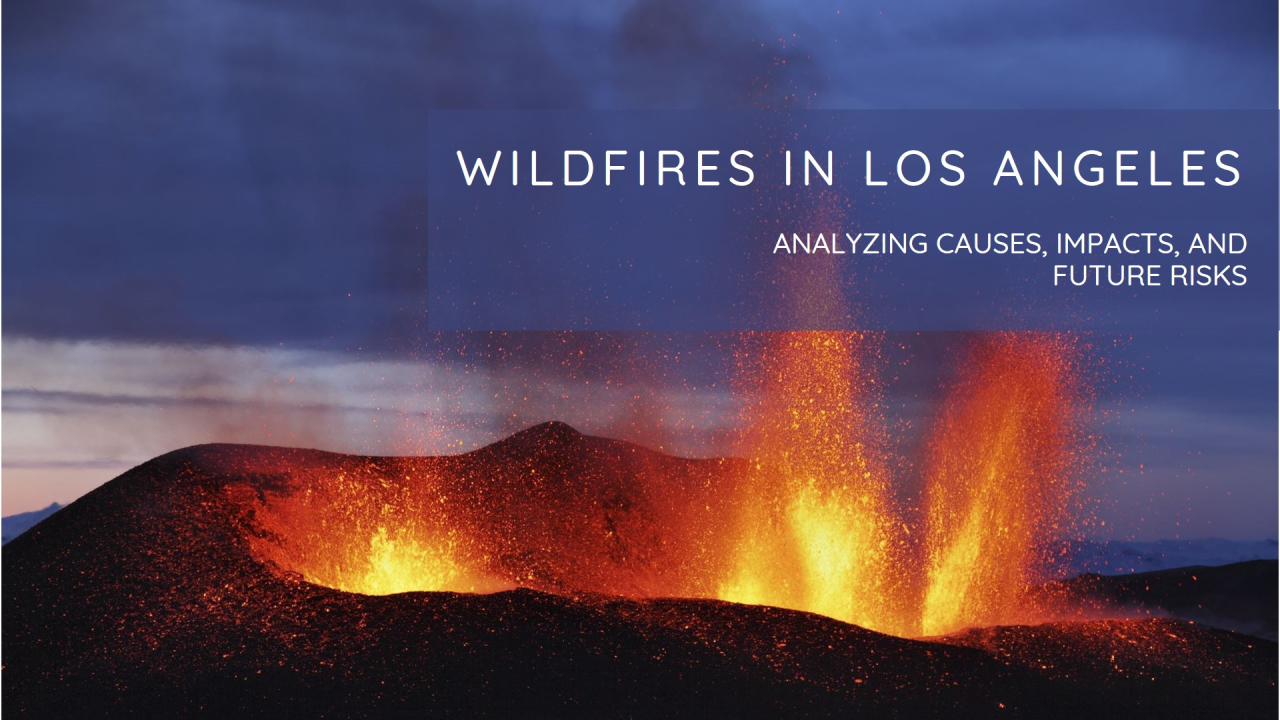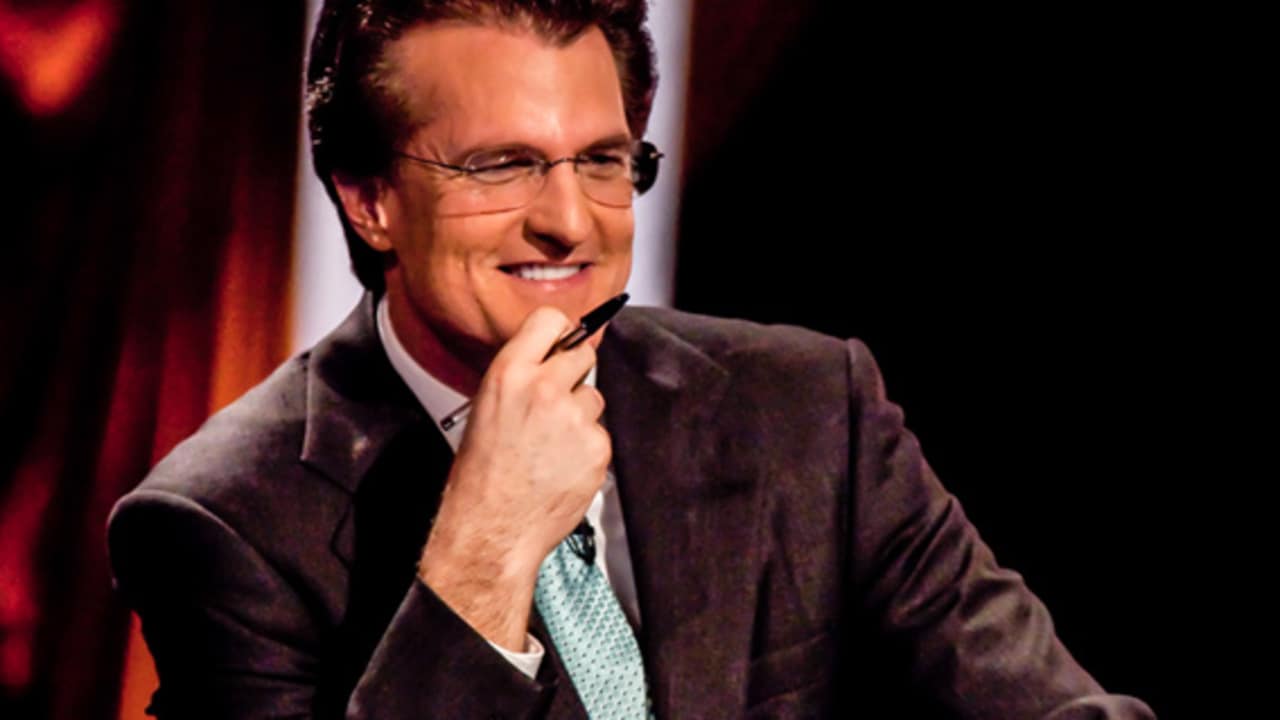The Rise Of Disaster Betting: Analyzing The Case Of The Los Angeles Wildfires

Table of Contents
The Mechanics of Disaster Betting in the Context of Wildfires
Disaster betting, also sometimes referred to as catastrophe betting, involves wagering on the outcome of natural disasters. In the case of the Los Angeles wildfires, this manifested in several ways.
Types of Bets Offered
The types of bets offered on wildfire events can be surprisingly diverse and often operate in unregulated markets. Examples include:
- Odds on wildfire spread: Betting on how many acres a wildfire will consume.
- Property damage estimations: Wagers on the total monetary value of property damage within a specific area.
- Insurance claim payouts: Bets on the amount of insurance claims processed following a wildfire.
- Government relief efforts: Wagers on the level of government aid provided to affected communities.
These bets are often offered on online platforms, some operating within legal gray areas, while others exist entirely outside of any regulatory framework. The lack of oversight makes these markets particularly risky for participants, and the potential for fraud is significant.
Data Sources and Predictive Modeling
The odds offered in disaster betting are ostensibly based on data analysis and predictive modeling. However, the accuracy and reliability of these models are questionable. Key data sources include:
- Weather forecasts: Predicting wind speed, humidity, and temperature plays a crucial role in assessing wildfire risk.
- Historical wildfire data: Past wildfire behavior in similar geographical locations informs risk assessment.
- Property values: This data influences bets related to property damage.
Predictive modeling uses this data to estimate the likelihood of various outcomes. However, the inherent unpredictability of wildfires limits the accuracy of these models. Unexpected shifts in weather patterns or unpredictable fire behavior can render even the most sophisticated models useless, leading to significant losses for bettors.
Ethical Concerns and Social Impact of Wildfire Betting
The rise of wildfire betting presents profound ethical challenges and potentially negative social consequences.
Profiting from Suffering
The most significant ethical concern revolves around profiting from the suffering of others. Disaster betting inherently involves making a financial gain from events that cause widespread destruction, displacement, and loss of life. This raises serious moral questions about the commodification of human tragedy.
- Exacerbating societal inequalities: Those most affected by wildfires – often low-income communities and marginalized groups – are least likely to engage in such betting, further emphasizing the ethical disparity.
Impact on Disaster Relief and Insurance
Disaster betting also has the potential to negatively impact disaster relief and insurance systems.
- Manipulation of insurance claims: The existence of such markets could incentivize fraudulent insurance claims to increase payouts for those involved in the betting.
- Hindering effective disaster relief: The focus on financial gain could distract from or even impede the vital work of disaster relief organizations.
Legal and Regulatory Landscape of Disaster Betting
The legal status of disaster betting remains largely undefined, presenting significant challenges for regulators.
Current Legal Status
Currently, there's a lack of specific legislation addressing disaster betting in most jurisdictions. Existing gambling laws often don't explicitly cover this unique form of wagering, leaving a regulatory vacuum.
- Jurisdictional variations: The legal landscape varies significantly from one country to another, further complicating attempts to establish uniform regulations.
Potential Regulatory Responses
Given the ethical and social concerns, several regulatory responses could be implemented to address disaster betting:
- Outright bans: The most straightforward approach would be to prohibit all forms of disaster betting.
- Stricter licensing and oversight: If permitted, disaster betting markets should be heavily regulated, with strict licensing requirements for operators and ongoing monitoring to prevent fraud and manipulation.
- Increased public awareness campaigns: Educating the public about the risks and ethical implications of disaster betting is crucial to deter participation.
Conclusion: The Future of Disaster Betting and the Los Angeles Wildfire Case
The rise of disaster betting, as exemplified by the Los Angeles wildfires, highlights a disturbing trend. Our analysis reveals the complex mechanics of this emerging market, the significant ethical concerns, and the current lack of clear legal frameworks. The potential for manipulation, the exploitation of human suffering, and the negative impact on disaster relief all demand attention. We need proactive measures to prevent the normalization of profiting from tragedy. Join the conversation and advocate for responsible regulation of disaster betting – let’s work together to ensure that natural disasters don’t become opportunities for unethical financial gain. The future of disaster betting hinges on our collective commitment to responsible gambling and ethical considerations.

Featured Posts
-
 Elon Musk And Donald Trump An Uncomfortable Saudi Meeting
May 31, 2025
Elon Musk And Donald Trump An Uncomfortable Saudi Meeting
May 31, 2025 -
 Cuatro Recetas De Emergencia Prepara Comida Rica Sin Luz Ni Gas
May 31, 2025
Cuatro Recetas De Emergencia Prepara Comida Rica Sin Luz Ni Gas
May 31, 2025 -
 Work Begins On New Padel Courts At Bannatyne Ingleby Barwick
May 31, 2025
Work Begins On New Padel Courts At Bannatyne Ingleby Barwick
May 31, 2025 -
 Cleveland Browns Draft Mel Kiper Jr S Top Pick At No 2 Overall
May 31, 2025
Cleveland Browns Draft Mel Kiper Jr S Top Pick At No 2 Overall
May 31, 2025 -
 Rogart Veterinary Clinics Post Fire Temporary Tain Base
May 31, 2025
Rogart Veterinary Clinics Post Fire Temporary Tain Base
May 31, 2025
